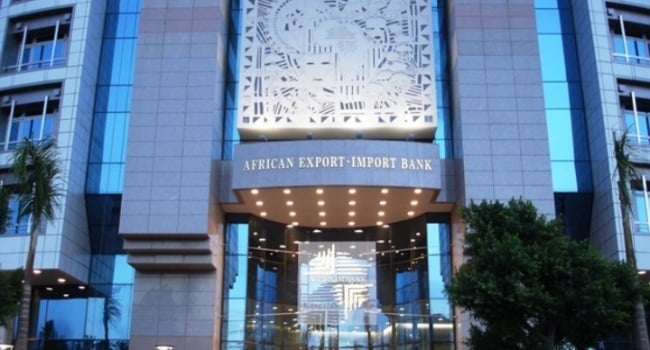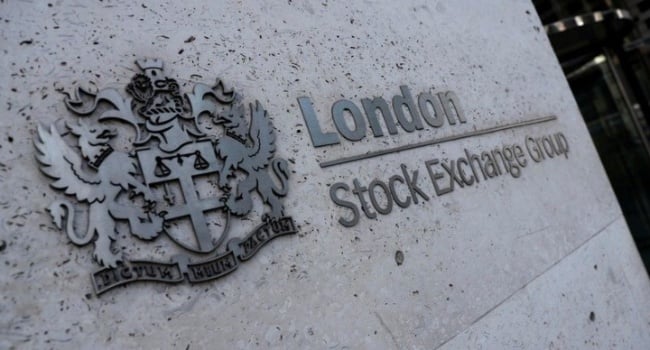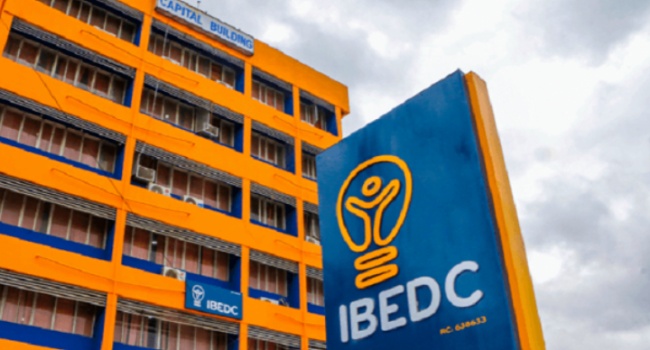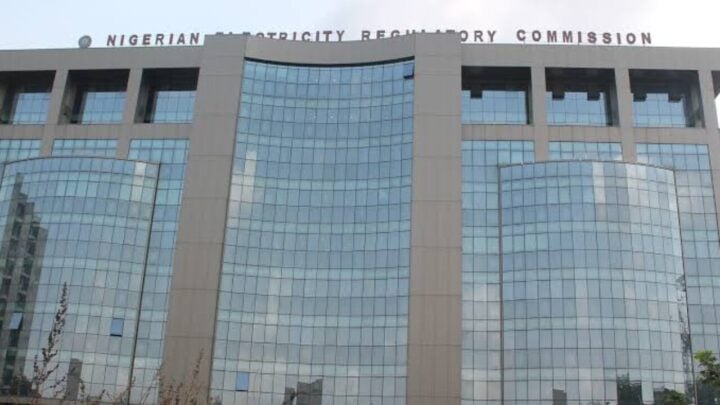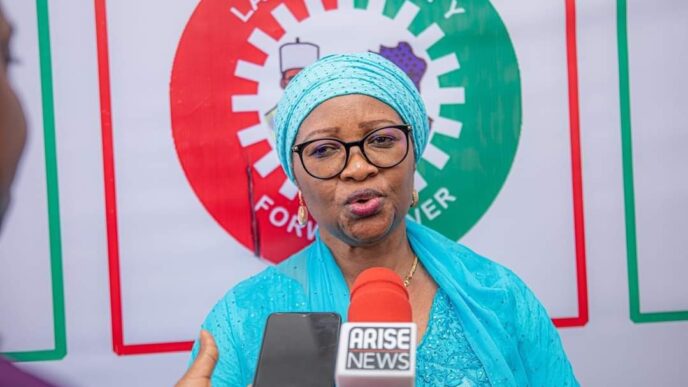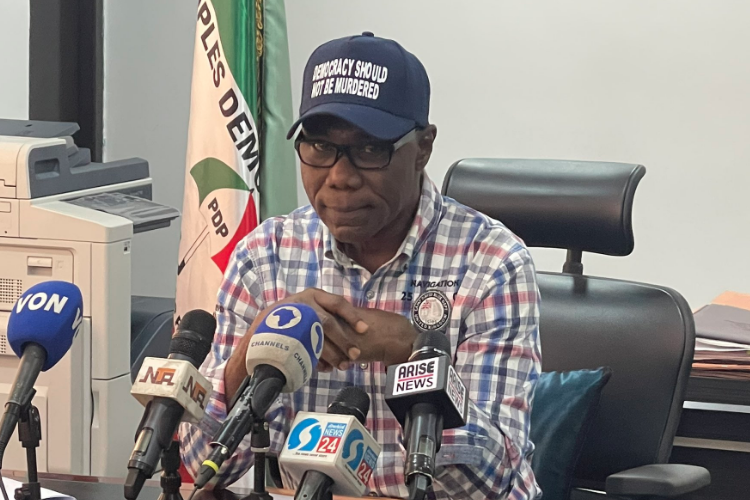Moody’s, a United States-based rating agency, has downgraded the African Export-Import Bank’s (Afreximbank) long-term issuer and senior unsecured ratings to Baa2 from Baa1.
However, Moody’s changed Afreximbank’s outlook to stable from negative.
Baa1 implies a lower risk of default compared to Baa2.
In a statement on Tuesday, the agency cited weaker asset performance and increased risks from sovereign lending—particularly to Ghana and Zambia—as reasons for the downgrade.
Advertisement
“Moody’s Ratings (Moody’s) has today (Tuesday) downgraded African Export-Import Bank’s (Afreximbank) long-term issuer and senior unsecured ratings to Baa2 from Baa1 and changed the outlook to stable from negative,” Moody’s said.
“We have also downgraded Afreximbank’s senior unsecured MTN programme rating to (P)Baa2 from (P)Baa1 as well as its long-term bank deposit rating to Baa2 from Baa1. The short-term bank deposit rating was affirmed at P-2.
“The rating downgrade to Baa2 is driven by weaker asset performance than we previously expected, which negatively impacts capital despite some mitigating factors.
Advertisement
“The bank’s recent shift to unsecured lending to sovereigns under stress has introduced significant risks, diverging from its typical focus on trade finance, and heightened its sensitivity to its difficult operating environment.
“Sovereign lending to Ghana and Zambia poses capital risks, as the Common Framework mandates restructuring comparable to private-sector creditor losses.
“Moreover, the bank’s funding quality, once a key strength, has eroded due to a less extensive range of funding sources, which we expect to continue. The stable outlook reflects balanced risks.
“The Baa2 rating and our capital adequacy assessment are resilient under a range of scenarios of resolutions of sovereign exposures in Ghana and Zambia.
Advertisement
“This resilience is supported by strong profitability, shareholder capital injections, and existing provisions, which collectively enable the bank to manage and absorb potential losses.”
On liquidity, the agency said it expects Afreximbank to maintain high cash levels until the recent deterioration in the cost of its debt begins to normalise.
HOW AFREXIMBANK CAN IMPROVE MOODY’S RATING
Explaining the reason for the stable outlook despite the downgrade, Moody’s said it reflects balanced risks.
Advertisement
“The Baa2 rating and our capital adequacy assessment are resilient under a range of scenarios of resolutions of sovereign exposures in Ghana and Zambia,” the ratings agency said.
“This resilience is supported by strong profitability, shareholder capital injections, and existing provisions, which collectively enable the bank to manage and absorb potential losses.”
Advertisement
On how Afreximbank can improve its rating, Moody’s said that a sustained improvement in the operating environment that would support stronger asset performance and quality would likely exert upward pressure on the ratings, “as would an improved capital structure and/or market funding access”.
Furthermore, Moody’s said strengthening the credit standing of shareholders would likely exert upward pressure as well.
Advertisement
The agency added that enhancements to Afreximbank’s business model that strengthen its capacity to support sovereigns in times of need, while simultaneously limiting credit risk, could contribute to higher ratings.
Advertisement
